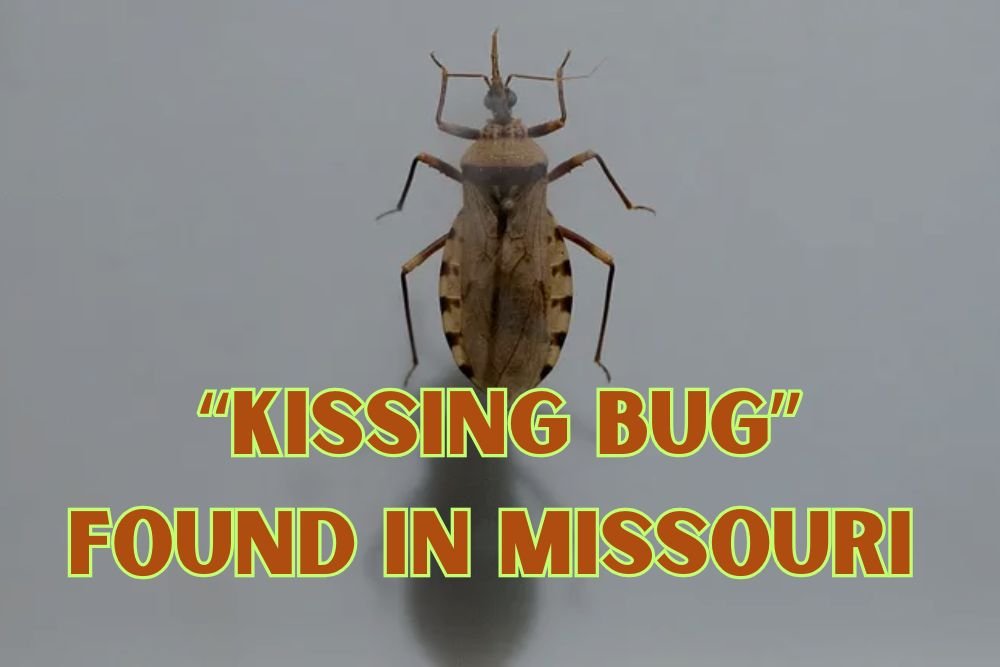Missouri Researchers Urge Action as ‘Kissing Bug’ Disease Detected in State

ST. LOUIS, MISSOURI – Scientists are warning that Chagas disease, often called the “kissing bug disease,” is present in Missouri and should be taken more seriously as a public health concern in the United States.
Insects and Parasite Found in Missouri and Illinois
Chagas disease is caused by a parasite carried in the feces of kissing bugs, which can enter a person’s body through wounds, the eyes, or the mouth. While the disease is most common in Central and South America, researchers have confirmed both the insect and parasite in Missouri and Illinois.
The bugs have been detected in dozens of counties across the St. Louis region. A 2023 study in the Journal of Medical Entomology found that some of those insects were carrying the parasite, raising concerns about possible transmission.
Human Cases in the U.S.
Though rare, human infections have been documented in Missouri and seven other states. In 2017, a Missouri woman tested positive during a routine blood donation, despite having no travel history outside the country. Doctors later determined her infection originated locally, and she was diagnosed with chronic cardiac complications linked to the disease.
This case, health experts argue, highlights the risk of underdiagnosis in the U.S. where the disease is often overlooked.
Push to Classify Chagas as Endemic
In a recent article published in the Journal of Emerging Infectious Diseases, scientists called for Chagas disease to be officially classified as endemic in the United States.
Currently, the U.S. is labeled as “non-endemic” by the CDC and other agencies, a designation critics say has led to low awareness and underreporting.
“Labeling the United States as non–Chagas disease-endemic perpetuates low awareness and underreporting,” researchers wrote.
Dr. Phil Budge, an infectious disease specialist at Washington University in St. Louis, said the classification change would improve diagnostics, surveillance, and public health responses.
Limited but Growing Risk
Experts stress that while transmission in the U.S. remains less likely than in Latin America — due in part to housing differences and the fact that U.S. kissing bug species defecate less frequently after feeding — the insects are steadily expanding northward.
Dr. Daniel Hoft, director of the St. Louis University Center for Vaccine Development, noted that his lab has developed two potential vaccines for Chagas, though they have not moved beyond early testing due to limited funding.
Scientists say greater recognition of the disease is essential to prevent missed diagnoses and ensure better preparedness. For more updates on public health and community safety, follow ChicagoMusicGuide.com.
